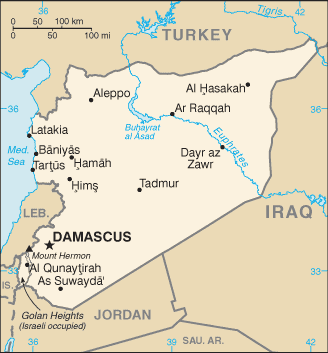US Lt. Gen. Stephen Townsend, the leader of the US military forces in Iraq and Syria, today announced that Kurdish YPG forces will participate in the invasion of the ISIS capital city of Raqqa, despite Turkish government demands that the Kurds not be allowed to take part.
 Townsend was a bit vague on the details of Kurdish involvement, saying the US are “going to take this in steps,” and that Turkey has to realize the only way that the US is going to have enough force to take over Raqqa any time soon is with a significant portion of the YPG involved.
Townsend was a bit vague on the details of Kurdish involvement, saying the US are “going to take this in steps,” and that Turkey has to realize the only way that the US is going to have enough force to take over Raqqa any time soon is with a significant portion of the YPG involved.
Turkish Foreign Minister Mevlut Cavusoglu reiterated that his government wants only “local forces” involved in the Raqqa battle, and that the YPG, who Turkey considers a terrorist organization, must not be allowed to take part in any way.
Turkey’s military has been attacking the YPG in several locations around Syria over the past week, including heavy airstrikes which killed an estimated 200 YPG fighters who were engaged in an offensive against ISIS around Afrin. The Turkish government has repeatedly complained the YPG is gaining too much territory in Syria, and that they must abandon much of it.


